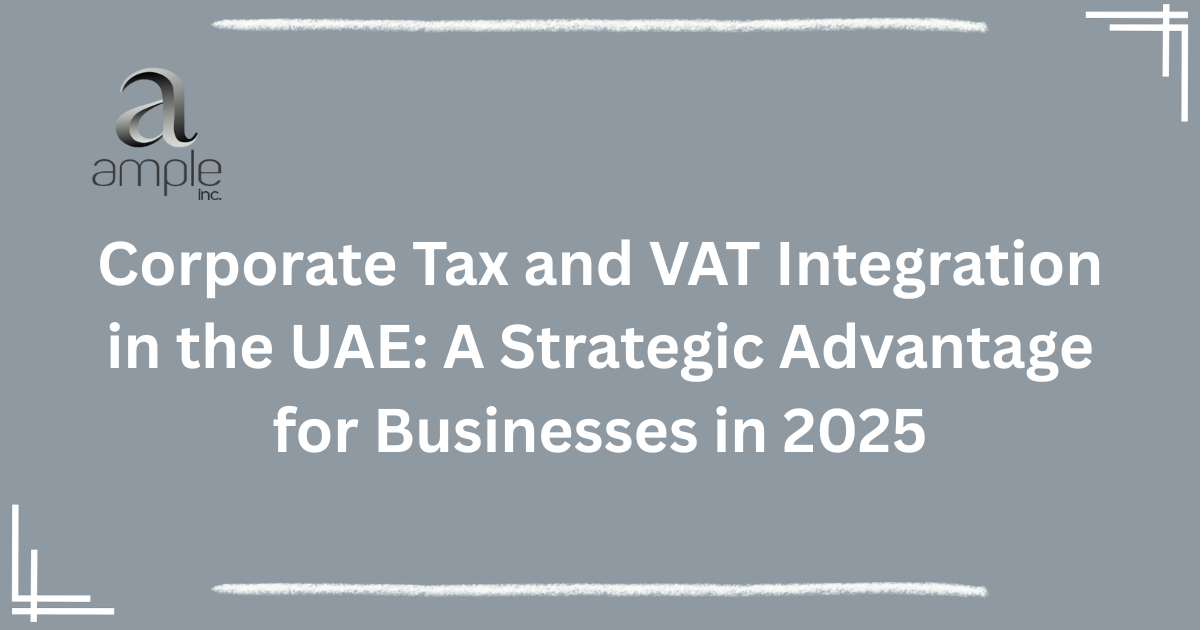Introduction
Accounting plays a crucial role in ensuring tax compliance and financial transparency in businesses of all sizes. Proper accounting helps organizations adhere to tax regulations, maintain accurate financial records, and promote ethical financial practices. In this comprehensive guide, we will explore the significance of accounting in tax compliance and financial transparency, its benefits, key principles, and best practices for businesses to follow.
The Role of Accounting in Tax Compliance
Ensuring Accurate Tax Reporting
One of the primary functions of accounting is to ensure accurate tax reporting. Businesses must maintain financial records that comply with tax laws and regulations set by governing authorities. Failure to do so can result in penalties, fines, or legal consequences.
Tax Planning and Optimization
Proper accounting enables businesses to engage in effective tax planning. This involves identifying tax-saving opportunities, utilizing deductions, and structuring financial transactions in a way that minimizes tax liabilities while remaining compliant with legal requirements.
Avoiding Tax Penalties
Tax authorities impose penalties for non-compliance, including underreporting income, failing to file returns on time, and improper record-keeping. Accurate accounting helps businesses stay ahead of deadlines and meet their tax obligations without penalties.
Compliance with Regulatory Requirements
Governments and tax agencies require businesses to adhere to specific tax regulations. Proper accounting ensures compliance with these regulations, reducing the risk of audits and disputes with tax authorities.

The Role of Accounting in Financial Transparency
Providing Clear Financial Information
Financial transparency is essential for businesses to build trust with stakeholders, including investors, customers, and regulatory bodies. Proper accounting ensures that financial statements accurately reflect a company’s financial health.
Preventing Fraud and Mismanagement
Maintaining transparent accounting records helps detect and prevent financial fraud and mismanagement. Internal controls, audits, and proper documentation contribute to ethical financial practices within an organization.
Enhancing Investor Confidence
Investors rely on transparent financial records to assess the viability of a business. Proper accounting ensures that financial statements are accurate, helping businesses attract and retain investors.
Compliance with International Accounting Standards
Businesses operating globally must comply with international accounting standards such as IFRS (International Financial Reporting Standards) or GAAP (Generally Accepted Accounting Principles). Adhering to these standards ensures financial transparency and facilitates global business operations.
Key Principles of Effective Accounting for Tax Compliance and Transparency
Accurate Record-Keeping
Maintain detailed and organized financial records for all transactions.
Timely Reporting
Submit tax returns and financial reports on time to avoid penalties.
Use of Accounting Software
Leverage technology to streamline accounting processes and improve accuracy.
Regular Audits
Conduct internal and external audits to ensure compliance and detect discrepancies.
Adherence to Regulatory Standards
Stay updated with changes in tax laws and accounting regulations to ensure compliance.
Professional Expertise
Hire qualified accountants or financial advisors to oversee accounting and tax matters.
Best Practices for Businesses
Implement a Robust Accounting System
Investing in a reliable accounting system helps businesses manage financial data efficiently, reducing errors and improving tax compliance.
Maintain Separate Accounts for Business Transactions
Separating personal and business finances ensures clarity in financial records and prevents compliance issues.
Keep Up with Tax Law Changes
Tax laws evolve frequently, and businesses must stay informed about any changes to maintain compliance.
Conduct Regular Financial Reviews
Periodic financial reviews help businesses assess their financial health and make informed decisions to improve transparency.
Work with Tax Professionals
Hiring tax professionals or financial consultants ensures that businesses remain compliant with tax regulations and optimize their tax strategies.
The Impact of Technology on Accounting Practices
Cloud Accounting Solutions
Cloud-based accounting software provides businesses with real-time access to financial data, improving accuracy and efficiency.
Artificial Intelligence in Accounting
AI-driven accounting tools automate data entry, fraud detection, and financial forecasting, reducing human error.
Blockchain for Transparent Transactions
Blockchain technology enhances transparency by providing immutable records of financial transactions, reducing the risk of fraud.
The Connection Between Accounting and Corporate Governance
Ethical Financial Practices
Strong accounting principles ensure businesses operate with integrity and accountability, fostering trust with stakeholders.
Role in Risk Management
Proper accounting helps businesses identify financial risks and implement strategies to mitigate them.
Challenges Businesses Face in Tax Compliance and Financial Transparency
Evolving Regulatory Landscape
Frequent changes in tax laws and accounting standards require businesses to stay updated and adapt accordingly.
Managing Cross-Border Tax Compliance
Businesses operating internationally must navigate complex tax regulations in different jurisdictions.
The Role of Accountants in Financial Decision-Making
Budgeting and Forecasting
Accountants play a vital role in budgeting and financial forecasting, helping businesses plan for the future and allocate resources efficiently.
Financial Risk Assessment
Assessing financial risks and implementing mitigation strategies is a crucial aspect of accounting, ensuring business stability.
Internal Controls and Fraud Prevention
Accountants help establish internal controls that prevent fraud, mismanagement, and financial inconsistencies within a business.
The Influence of Accounting on Business Growth
Enabling Strategic Business Decisions
Accurate accounting data helps businesses make informed strategic decisions, whether expanding operations, investing in new projects, or managing costs effectively.
Measuring Financial Performance
Accounting provides insights into a company’s profitability, cash flow, and financial health, guiding businesses toward sustainable growth.
Supporting Loan and Investment Approvals
Banks and investors rely on financial statements to evaluate loan eligibility and investment potential, making proper accounting essential for securing funding.
Corporate Social Responsibility (CSR) and Financial Transparency
The Role of Accounting in CSR Reporting
Financial transparency is integral to corporate social responsibility (CSR), ensuring companies disclose their financial contributions and sustainability efforts.
Building Trust with Consumers and Stakeholders
Transparent financial reporting fosters trust among consumers, employees, and stakeholders, enhancing a company’s reputation and credibility.
How Small Businesses Can Improve Accounting Practices
Hiring Professional Accountants
Even small businesses can benefit from professional accountants who ensure compliance, manage finances effectively, and provide financial guidance.
Using Automated Accounting Tools
Small businesses can leverage accounting software to simplify tax filing, invoicing, and financial tracking, reducing manual errors.
Developing a Tax Compliance Strategy
A well-defined tax compliance strategy helps small businesses avoid financial penalties and stay prepared for tax audits.
The Future of Accounting in Tax Compliance and Transparency
Digital Transformation in Accounting
Advancements in digital technology continue to reshape accounting practices, making compliance and transparency more efficient.
The Role of Big Data in Accounting
Big data analytics allows businesses to gain deeper insights into financial performance, improving decision-making and compliance.
The Importance of Continuous Learning for Accountants
Ongoing professional development is crucial for accountants to keep up with evolving tax laws, regulations, and technological advancements.
Conclusion
Accounting is indispensable for tax compliance and financial transparency. By maintaining accurate records, adhering to tax laws, and ensuring financial accountability, businesses can avoid legal issues, attract investors, and establish trust with stakeholders. Implementing best accounting practices and staying updated with regulatory requirements will contribute to long-term business success and financial stability.



